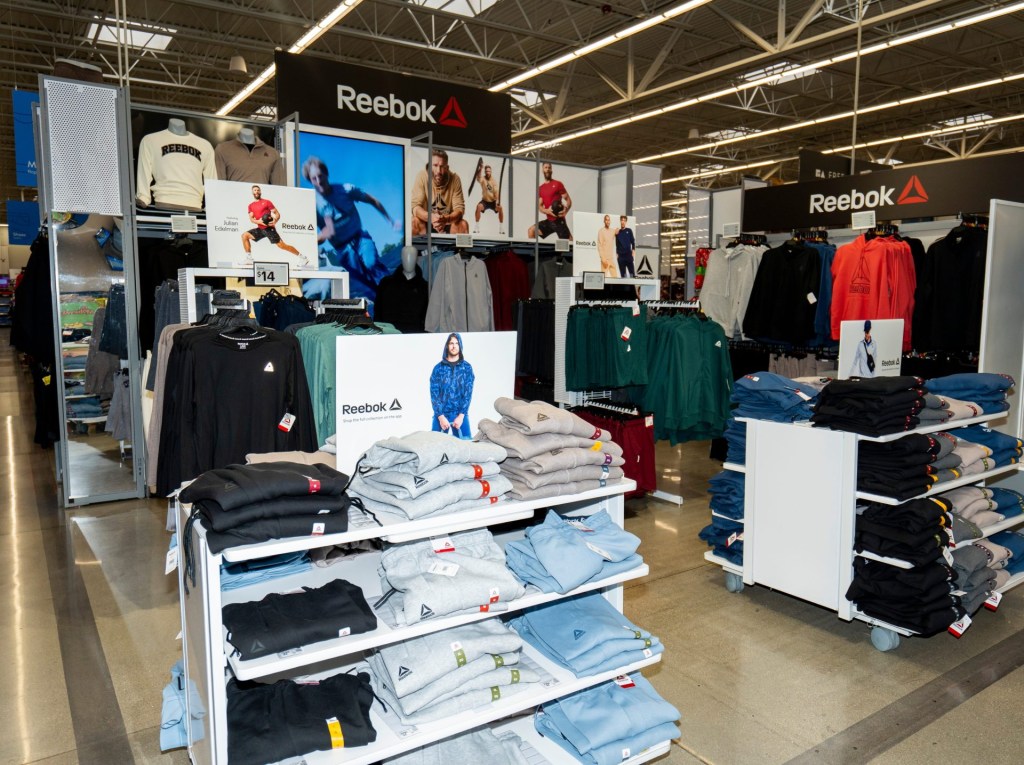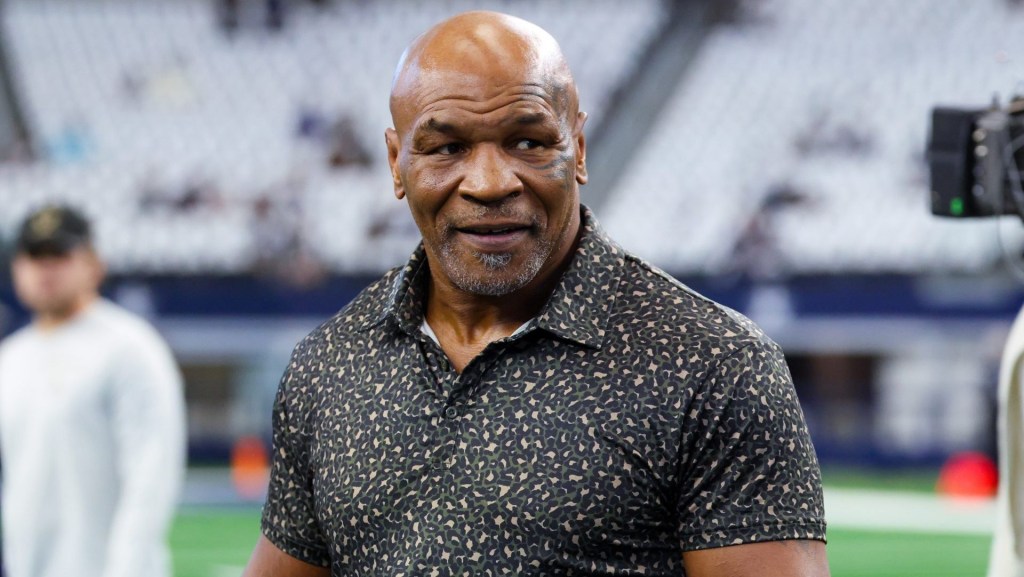The NFL was cleared earlier this year by an arbitrator in a case filed by the NFLPA that alleged collusion among owners to limit fully guaranteed contracts. On Tuesday, investigative reporters obtained the written decision, which shines a light on the league’s inner workings and raises additional questions.
Journalists Pablo Torre and Mike Florio unearthed the 61-page arbitration decision written by former federal judge and attorney Christopher F. Droney, which was issued in January 2025 but had remained private. (This is not unusual for documents in private arbitration proceedings.)
The case dates back to October 2022—months after Deshaun Watson signed a five-year, fully guaranteed contract with the Browns worth $230 million—when the NFLPA filed a grievance against the league, alleging collusion by team owners to limit fully guaranteed contracts. The grievance originally centered on three quarterbacks—Lamar Jackson, Kyler Murray, and Russell Wilson—but was later expanded to seek relief on behalf of 594 players.
NFL teams historically hand out very few fully guaranteed contracts, unlike the NBA or MLB. Watson’s deal—which came as the quarterback was facing sexual assault allegations from multiple women—had the potential to reset the market for NFL players.
The NFLPA’s claim was simple: the NFL and its owners colluded after the Watson contract in order to stem the idea of fully guaranteed contracts from becoming a trend. Judge Droney’s ruling was also simple: the arbitrator ruled in favor of the league, saying the NFLPA had failed to adequately prove there was collusion.
The document obtained by Torre and Florio, and additional reporting they provided in a video also released Tuesday, illuminates the inner workings of the NFL, and raises questions about the NFLPA.
The NFL Didn’t Collude, but They May Have Come Close
The arbitrator made it clear that the evidence was not sufficient to prove collusion. Still, some communications appear to have toed the line.
Ahead of a March 2022 owners’ meeting, which took place shortly after Watson signed his contract, NFL commissioner Roger Goodell and other league executives acknowledged in private communications, including in texts and emails, that a trend of fully guaranteed contracts would create a challenging environment for the league.
Goodell told another executive via email he agreed the issue should be raised, calling it a “big concern,” according to the court document. During a presentation at the owners’ meeting, a slide informed owners the contract issue “not only has the potential to hinder roster management, but set a market standard that will be difficult to walk back.”
“Of course, all clubs must make their own decisions,” the text on the slide read. “But continuing these trends can handcuff a club in the future.”
Later communications between team owners—including a text conversation between Chargers owner Dean Spanos and Cardinals owner Michael Bidwill, in which Spanos congratulated Bidwill on signing Murray and said “your deal helps us for our QB next year”—raised further questions, although again, the arbitrator determined the standard to prove collusion was not met. The Murray signing was seen as helping the Chargers because he didn’t get the fully guaranteed contract he desired, making future negotiations for Los Angeles with its quarterback easier.
“The best metaphor I can come up with for this is they were caught with their hand in the cookie jar,” Florio told FOS Today on Tuesday. “They were caught with cookie crumbs on their shirt, but because they said to the arbitrator, ‘We didn’t collude,’ he accepted that they’re not eating the cookies, even though they’re eating the cookies. And I just think that from that perspective, it is a significant outcome because they have been caught red-handed doing something that we suspected they did, but never could prove they did.”
What’s Going on With the NFLPA and Its Executive Director?
Another piece at play is the issue of leadership at the NFLPA. JC Tretter, a former offensive lineman who has been out of the league since 2021, was president of the NFLPA when the grievance was first filed. He’s now the NFLPA’s chief strategy officer, a job that didn’t exist before the current executive director, Lloyd Howell, was elected to that role in late June 2023.
According to Torre and Florio, questions remain about Tretter and Howell. After DeMaurice Smith stepped down as executive director, Howell was selected following a confidential NFLPA search. Howell had no prior experience in the NFL—in fact, his previous work had no sports connection whatsoever. For 34 years, Howell worked at consulting firm Booz Allen Hamilton, which often works with the U.S. government. As noted by Torre and Florio, in July 2023 Booz Allen paid more than $377 million to settle allegations of financial fraud from the U.S. Department of Justice. Although the settlement happened after Howell had left, the alleged actions that led to the settlement occurred while he was working at Booz Allen.
Meanwhile, according to Torre and Florio, Howell was approached by an employee of Booz Allen while he was still with the firm, who brought forth the apparent issues. Torre and Florio said that Howell cut the employee off and said he appreciated her effort but the company was “not going to make it a priority this year.” That person went on to be the whistleblower who helped bring the allegations that led to the settlement.
When Torre and Florio sought clarity on whether Howell had been properly vetted, the NFLPA leaned on the fact that a “reputable” search firm had found him.
Torre and Florio believe Howell was installed as part of a plan to eventually allow Tretter to become the NFLPA’s executive director; they cite four “union sources” as saying that is Tretter’s ultimate aspiration.
The arbitration document answered some significant questions, including making clear the judge’s rationale behind clearing the NFL of collusion. But given the details revealed, including the private communications between NFL executives and team owners, it left questions unanswered, and the report raised more.
Did the NFL toe the line of collusion without crossing it, or did the arbitrator apply too narrow a standard to prove wrongdoing? Will guaranteed contracts be a sticking point in the next collective bargaining negotiations (the current CBA expires in March 2031)? Was Howell properly vetted before being appointed NFLPA executive director? Will Tretter become executive director of the NFLPA in the future?
The NFL and NFLPA declined to comment.
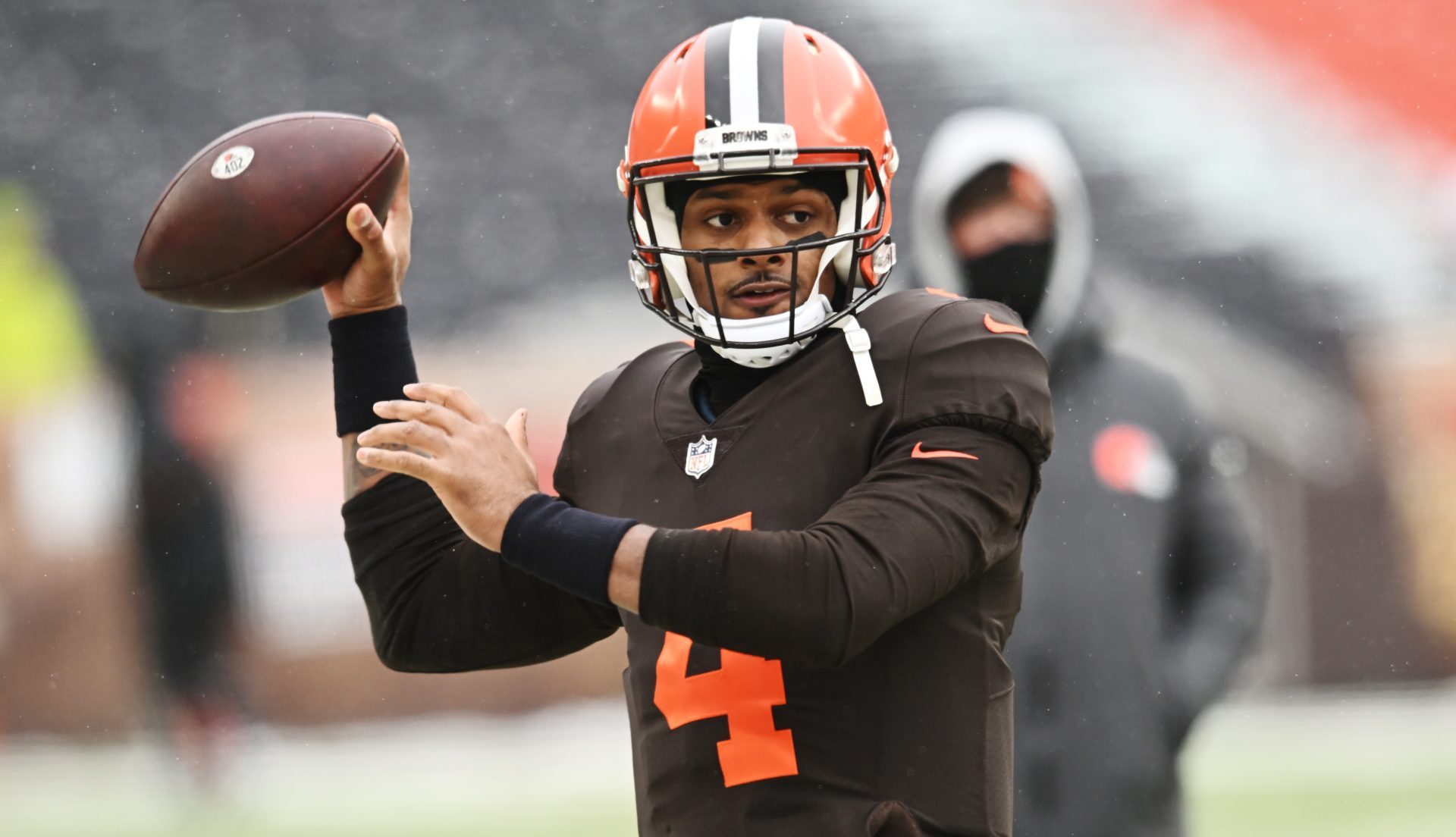
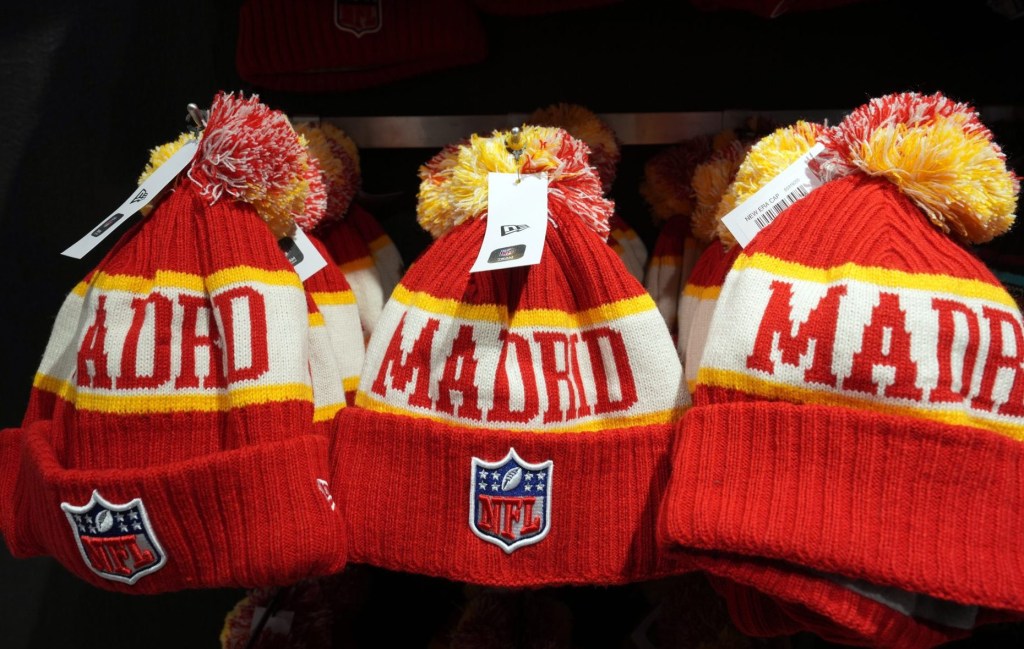
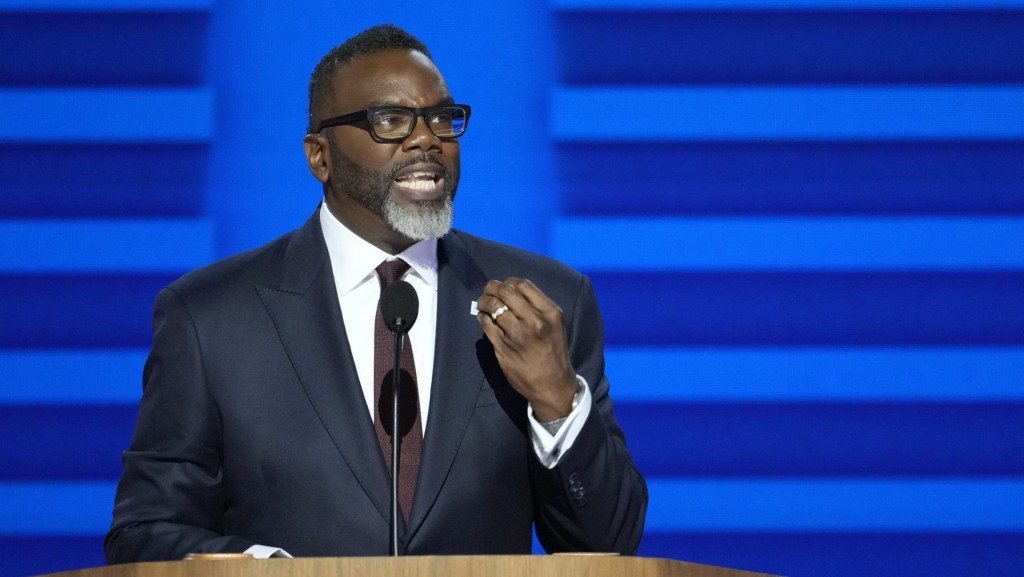
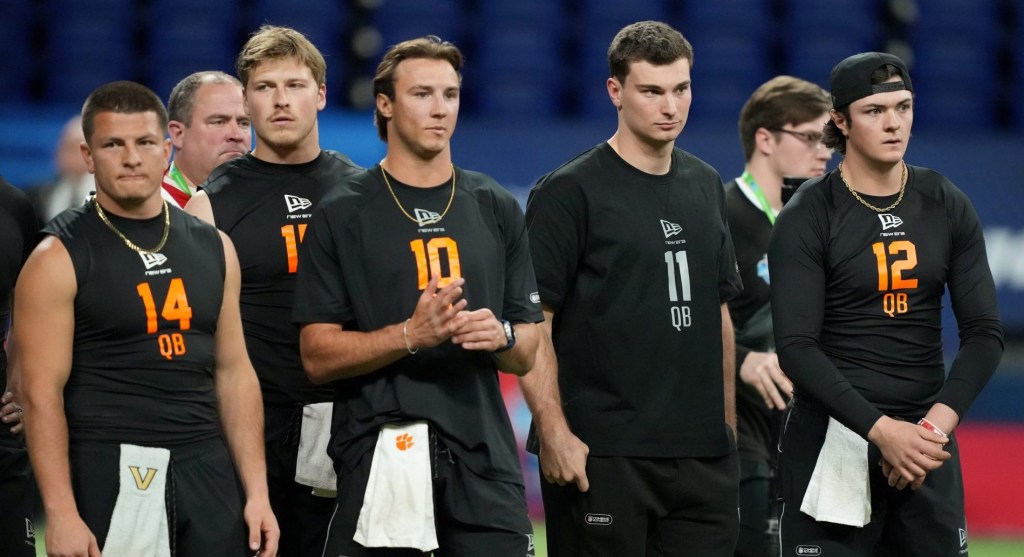
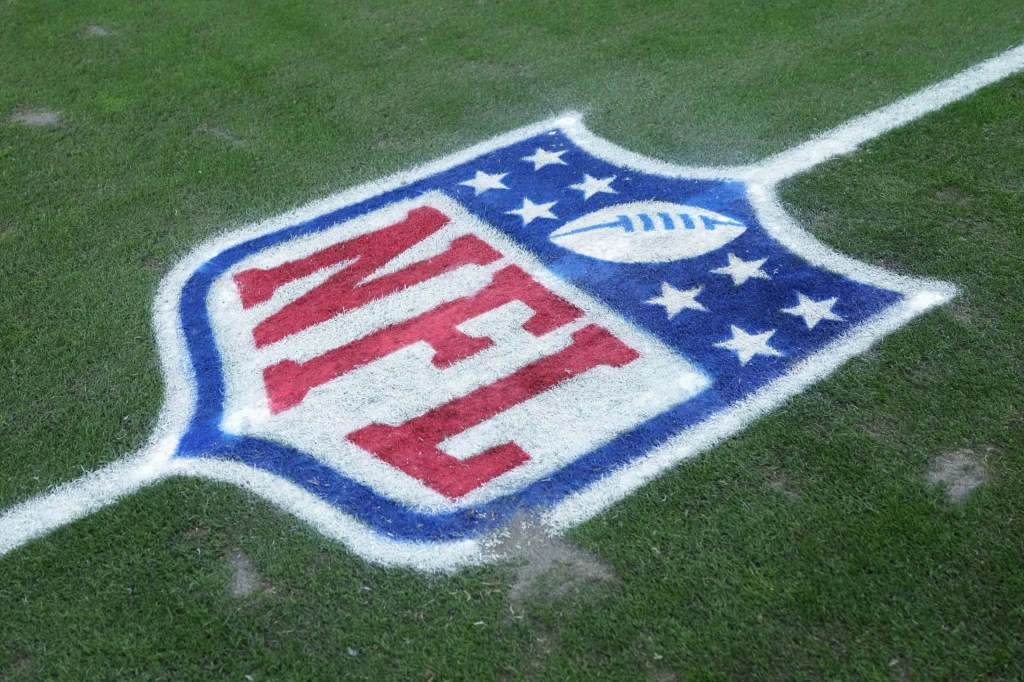


![[Subscription Customers Only] Jun 15, 2025; Seattle, Washington, USA; Botafogo owner John Textor inside the stadium before the match during a group stage match of the 2025 FIFA Club World Cup at Lumen Field.](https://frontofficesports.com/wp-content/uploads/2026/02/USATSI_26465842_168416386_lowres-scaled.jpg?quality=100&w=1024)
![[Subscription Customers Only] Jul 13, 2025; East Rutherford, New Jersey, USA; Chelsea FC midfielder Cole Palmer (10) celebrates winning the final of the 2025 FIFA Club World Cup at MetLife Stadium](https://frontofficesports.com/wp-content/uploads/2026/02/USATSI_26636703-scaled-e1770932227605.jpg?quality=100&w=1024)
